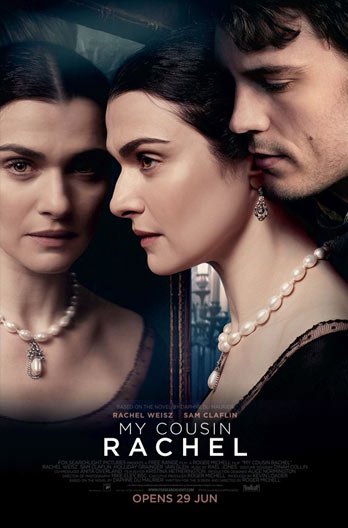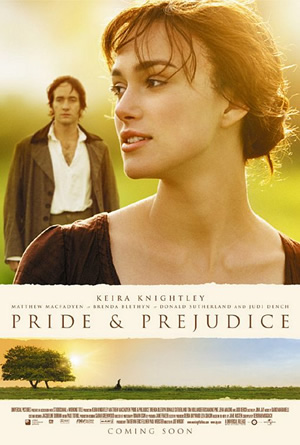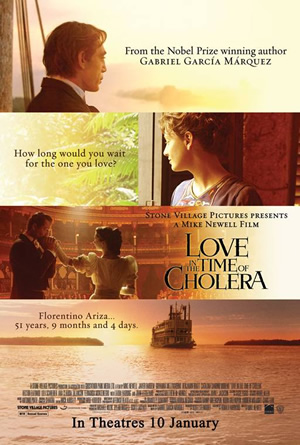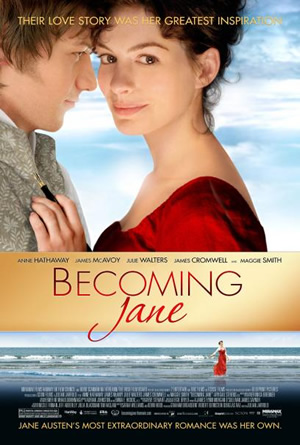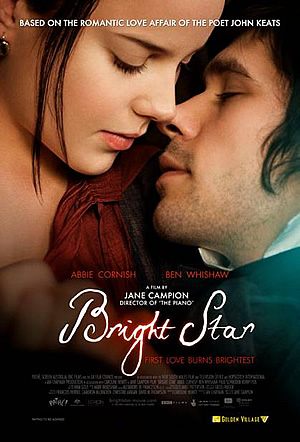MY COUSIN RACHEL (2017)
Genre: Drama
Director: Roger Michell
Cast: Rachel Weisz, Sam Claflin, Holliday Grainger, Iain Glen, Pierfrancesco Favino
Runtime: 1 hr 46 mins
Rating: NC16 (Some Sexual Scenes)
Released By: 20th Century Fox
Official Website: http://www.foxsearchlight.com/mycousinrachel/
Opening Day: 29 June 2017
Synopsis: A dark romance, My Cousin Rachel tells the story of a young Englishman who plots revenge against his mysterious, beautiful cousin, believing that she murdered his guardian. But his feelings become complicated as he finds himself falling under the beguiling spell of her charms.
Movie Review:
The title references the enigmatic lady from the perspective of 24-year-old Englishman Philip Ashley (Sam Claflin, best known for playing the lead in last summer’s ‘Me Before You’), and indeed it is from his perspective that this delicious dark-widow mystery unfolds. Literary-minded audiences will likely recall the 1951 novel of the same name by English novelist Daphne du Maurier, previously adapted for the big screen with Olivia de Havilland in the eponymous role and featuring Richard Burton’s Oscar-nominated Hollywood debut. Unlike its source material, this latest version by writer-director Roger Mitchell spins its mystery entirely from Philip’s point-of-view, which has both merits and downsides – on one hand, it affords greater clarity how this orphan first swears to seek vengeance on his cousin and then ends up completely besotted by her; on the other, Philip’s periodic voice-over ends up keeping his relationship with Rachel more restrained than it should, especially in the middle act where a more passionate union would certainly have served the story beats much better.
Notwithstanding, Philip’s narration is well-used to fill the complex back-story: once an orphaned young boy who was taken under the loving wing of his cousin Ambrose; poor health forces Ambrose to the warmer climes of Italy to nurse himself, where he meets, falls in love, and eventually marries the half-Italian Rachel; at first described as “radiant, good, the kindest companion”, Ambrose’s letters start taking on a darker tone, calling her “my torment”, hinting that he is being held captive by her and even slowly poisoning him. By the time Philip answers his cousin’s plea for aid, Ambrose is dead and Rachel is gone; and in the shadow of their previous correspondences, Philip refuses to believe the medical report that Ambrose had died of a brain tumour, believing it to be Rachel to be responsible. “Whatever it cost him in pain and suffering before he died, I will return in full measure upon the woman who caused it,” Philip vows, who takes over Ambrose’s coastal mansion in Cornwall in accordance to the latter’s will and seethes in waiting for Rachel’s return – although when she does, it is as unexpected as the outcome.
Not only does he give up all thoughts of vengeance, he becomes so utterly smitten by her that he takes it upon himself to put into force Ambrose’s unsigned last will, which would have gifted Rachel a share of the latter’s inheritance. So taken with Rachel is Philip that he ignores the warnings of his godfather Kendall (Iain Glen) of her chequered past, as well as the quiet objections of Kendall’s daughter Louise (Holliday Granger) and the family lawyer (Simon Russell Beale). As convenient as it may be to reduce the narrative into the question of whether Rachel had murdered Ambrose or not, it is clear by the halfway mark that it is about much more – chiefly, the impulses of a young man whose naivety ultimately colours his perception of reality. Sam is 24, turning 25, about to be freed from Kendall’s guardianship; yet, he is ill-prepared to distinguish emotion from reason, which explains why he so quickly succumbs to Rachel’s beguiling charms as much as why he never does fully comprehend until the very end her refusal to accept their subsequent relationship on his terms.
“Why shouldn’t I have a life of my own?” asks Rachel, and that is perhaps as close as one can hope to get to her motivations. Because Mitchell stays firmly within Philip’s vantage point, there is never any doubt that the version of events we are observing or inferring is inherently biased; though, on that account, Mitchell does a much better job getting us to buy into Philip’s suspicions of Rachel than his unbridled yearning for her. Even as he wants you to know that Philip is kind of a dolt and too emotionally inexperienced to understand Rachel, Mitchell exercises a tasteful restraint on how amorously much Philip throws himself into the relationship, allowing us just two intimate scenes to see just how obsessed he is with her. Instead, there is less such moderation over Philip’s suspicions of her in the last act after he starts to fall deliriously ill, with Mitchell allowing Claflin to wear his character’s misgivings for Rachel on his sleeve. That said, Agatha Christie fans should probably be warned of an ambiguous ending that never quite fully resolves whether Rachel had poisoned Ambrose and/or subsequently Philip in the first place, though it is quite clear in the ‘did she/ didn’t she’ equation just where the narrative tilts towards eventually.
All the while, Weisz is mesmerising to watch, and not because of the coincidence in first name mind you. Operating beautifully in the vagaries of innocence and guilt, Weisz keeps her character a mystery from start to finish – on some occasions warm and ebullient, on others reserved and distant, but always with an intriguing allure. Claflin, on the other hand, is a lot more straightforward and therefore a lot less interesting to watch; partly due to the nature of his character and partly due to his own committed but slightly dull performance, Claflin never quite comes off as Weisz’s equal, though that may have been Mitchell’s intention after all. This is his first produced screenplay after all, and Mitchell keeps with his customary clean style of directing in creating a refined, albeit at times too clinical, period thriller. As counter-programming for the summer season, it is a breath of fresh air; but as awards-season material, it is too lightweight to count for anything much, be it an intoxicating romance mystery or as an allegory on the male gaze and female independence.
Movie Rating:



(Notwithstanding a strong lead performance by Rachel Weisz, this deliberately open-ended period romance/ mystery unfortunately remains too clinical for its own good)
Review by Gabriel Chong
You might also like:
